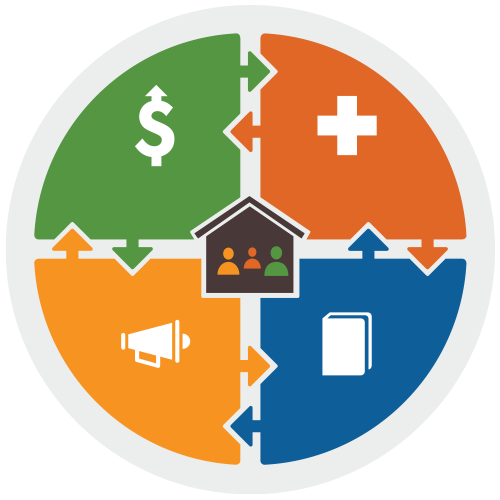DEFEAT POVERTY.
RESTORE DIGNITY.
We empower community-based organizations to serve the poor and vulnerable, creating sustainable transformation in their communities.
Our Model
Economic Empowerment
Earning capacity and savings are the basis for alleviating poverty. When someone can provide for their family, dignity and self-worth are renewed.
Social Engagement
Addressing social injustice is essential for change. We equip community leaders to promote justice and restoration in their communities.
Community Health
Health is the basis for life. Disease prevention and health education are necessary to wholistically restore community health.
Education
Education is the foundation for development. All development initiatives include community-wide seminars and targeted educational interventions.
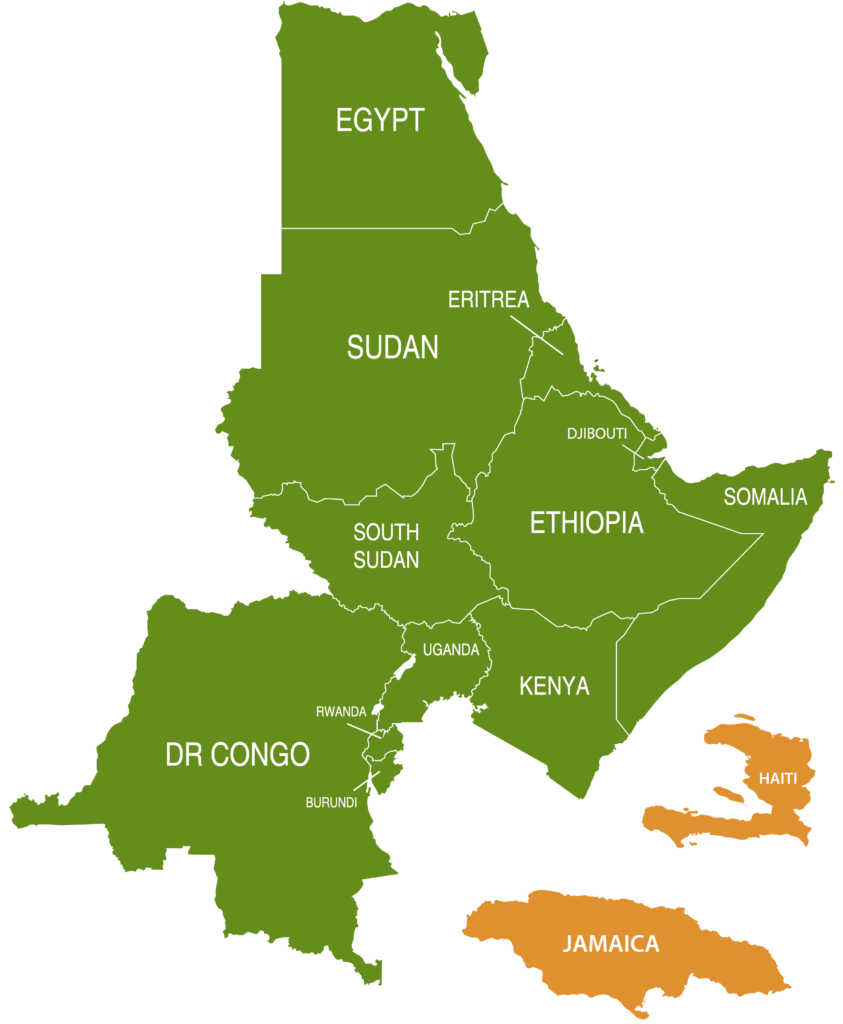
Where We Serve
Since 1999, we’ve been serving all people regardless of religion, race, ethnicity, or gender. We walk with more than 230 community-based organizations in 14 countries throughout Africa and the Caribbean.
3 Steps to Sustainable Development
1.
Engage Local
Leadership
We enter a community with the invitation from local leaders and community members. We gather with them to cast vision for their communities.
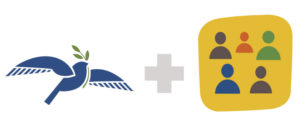
2.
Invite Community
Partnership
We empower the community through our wholistic development model to address the needs of the community.
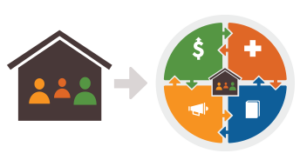
3.
Cultivate Community
Ownership
After three years, we transition out of a community so that individuals from within the community take complete ownership of their transformation.
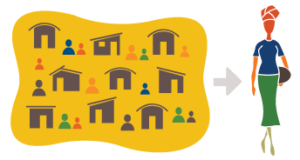
Since Our First Partnership
1,299 community-based organizations in 75 communities have been trained and empowered to implement sustainable solutions to their most pressing problems.
Nearly 11,975 community health and resource workers have been trained.
32,778 families have been economically empowered through micro-loans and income generating activities.
More than 35,960 people have been trained in educational support.
More than 53,955 Orphans and Vulnerable Children (OVC) have been supported and cared for through our OVC support.
More than 483,544 people have had community health care by LIA’s local partners.

